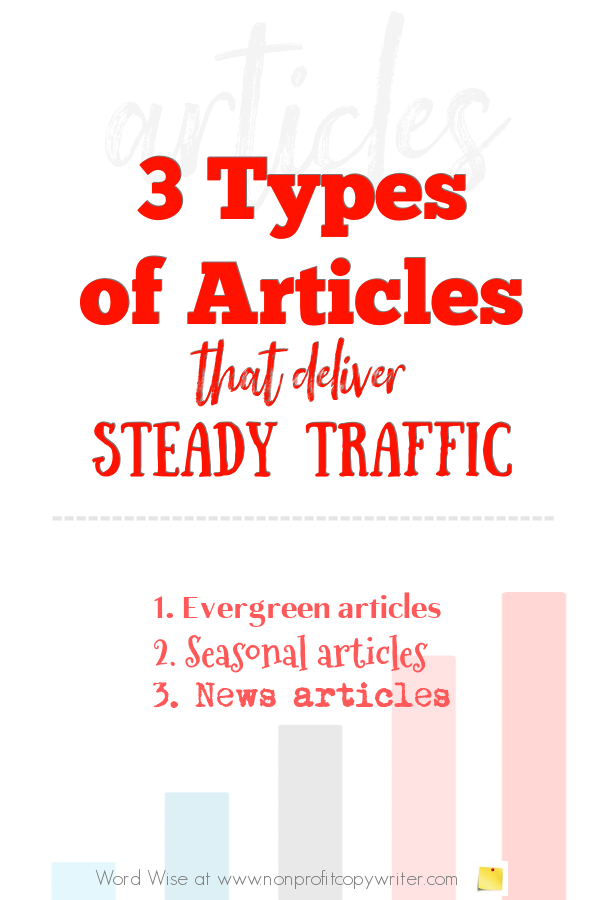Boost Your Creating Abilities with the Equipment Available on articles
Boost Your Creating Abilities with the Equipment Available on articles
Blog Article
Just How Articles Contribute to Clarity in Writing
The usage of short articles is typically forgotten, yet their effect on clarity in composing can not be downplayed. Comprehending the subtleties of write-up usage is vital for achieving clarity, but what certain methods can authors employ to harness their full capacity?
The Duty of Articles
Articles play an essential function in the quality and precision of written communication. They function as vital linguistic tools that aid readers navigate with text, offering context and uniqueness. By marking nouns as certain or indefinite, write-ups guide the visitor's understanding of the topic, comparing well-known and unknown entities. For circumstances, the precise article "the" suggests a details noun, while the uncertain articles "a" and "an" recommend a general or non-specific referral.
Integrating short articles appropriately improves the coherence of creating, enabling authors to convey their designated significances with greater precision. articles. Misuse or omission of posts can result in ambiguity, causing complication for the visitor. For instance, specifying "I saw pet" does not have clearness and specificity, whereas "I saw a pet dog" or "I saw the pet" shares distinctive meanings.
In addition, posts contribute to the rhythm and circulation of sentences, influencing readability. A solid understanding of post use is vital for effective communication, guaranteeing that the nuances of significance are maintained and the message is supplied plainly.
Types of Articles
Recognizing the different types of short articles is fundamental to understanding their use in writing. The precise write-up "the" specifies a specific noun that is recognized to the visitor.
On the other hand, indefinite articles, such as "a" and "an," describe non-specific nouns. When one says "a publication," it suggests any type of book, not one specifically. This use is important when introducing brand-new principles or things to the discussion, as it provides a general framework without constricting the viewers to a certain recommendation.
Furthermore, articles can likewise share subtleties such as quantity and originality. As an example, "an apple" suggests any type of apple, while "the apple" might imply that it is the only apple in the context. Comprehending these distinctions enables writers to properly adjust short articles for greater quality and precision in their communication.
Articles and Uniqueness

Conversely, uncertain short articles like "a" or "an" present nouns in a much more basic sense, showing that the noun may not be acquainted to the visitor. As an example, "a publication" suggests any type of book, leaving the specifics available to interpretation. This distinction is essential for efficient writing, as it affects exactly how details is conveyed and recognized.
Common Errors With Articles
Clarity in composing can frequently be endangered by common blunders with short articles. One widespread error includes the abuse of certain and indefinite write-ups. For example, anonymous using "a" rather than "the" can lead to obscurity, suggesting that the noun read review is just one of many instead than a specific entity. Alternatively, omitting a short article entirely can provide a sentence awkward or unclear, as in "She is instructor" rather of "She is an educator."

Improving Clarity Via Articles
Effective communication pivots on the precise use posts, which can considerably boost quality in writing. Articles, consisting of "a," "an," and "the," work as indicators that direct viewers through the original site message. Their appropriate application not just clears up which noun is being referenced yet also establishes the specificity and generalization of the topic.
Making use of guaranteed and indefinite short articles appropriately can aid stay clear of uncertainty. Constant use of write-ups adds to the overall flow of creating, permitting for smoother shifts between concepts.
In scholastic and professional writing, quality is extremely important. Abuse of short articles can lead to misconceptions and false impressions, interfering with the writer's reliability. Therefore, authors ought to pay careful focus to short article use, as this little yet powerful element of language can considerably improve the clearness of their communication. Ultimately, the efficient use of posts transforms composing from plain words right into a coherent and obtainable message.
Verdict
In final thought, short articles are necessary tools in creating, considerably improving clarity and accuracy. Mastery of article use eventually adds to a much more meaningful and interesting writing style, assisting in much better understanding for visitors.
Report this page